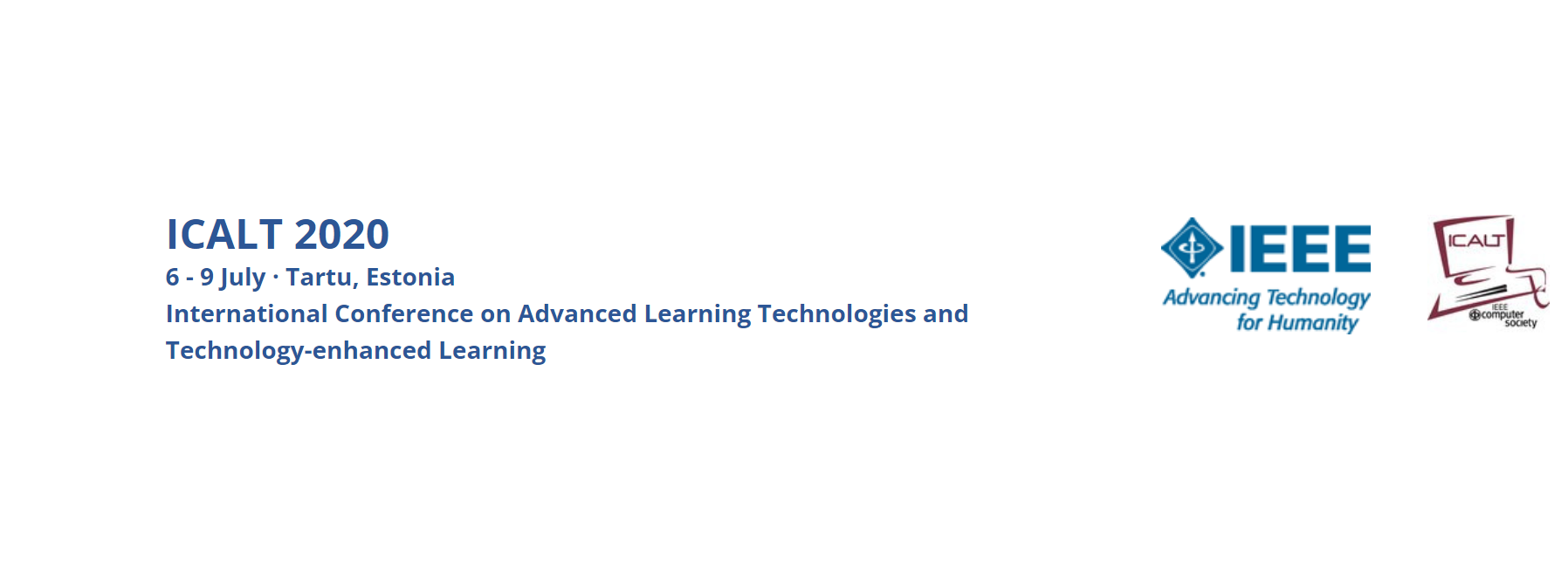
Track 5. Computer Supported Collaborative Learning (CSCL)
Track Program Chairs
Andreas Harrer
Dortmund University of Applied Sciences and Arts, Germany
(CO-ORDINATOR)
Andreas Lingnau
Ruhr West University of Applied Sciences, Germany
Stavros Demetriadis
Aristotle University of Thessaloniki, Greece
Lanqin Zheng
Beijing Normal University, China
Yannis Dimitriadis
University of Valladolid, Spain
Track description and topics of interest
The CSCL track has a focus on the role of technology as catalyst for social interaction and collaborative knowledge construction. Contemporary technologies, such as mobile devices, social media systems, cloud computing, web systems for adaptive and intelligent collaboration support, conversational agents, tangibles and tabletops and many others, provide exciting new opportunities for learners to communicate and collaborate in highly interactive learning environments. Enriched with innovative multimodal representations, such environments activate and challenge learners and stimulate knowledge building processes. Understanding these processes and their outcomes from various perspectives and at multiple levels isa major challenge for the CSCL researcher and educator.
The CSCL track provides a unique opportunity for researchers and practitioners who work in the broader area of technology-enhanced collaborative learning to present their latest work from a technological, empirical, theoretical, conceptual and design-based perspective. The track invites papers (full/short/poster submissions) that reflect state-of-the-art research advances spanning both the technological dimension (design and development of CSCL tools) and the pedagogical perspective (implementation of CSCL tools in authentic contexts, impact of CSCL approaches, empirical results and valuable reflections).
Major thematic areas of the track include:
- CSCL theoretical, epistemological and methodological issues
- Empirical results of CSCL usage (lab and field studies)
- Mobile and non-standard (e.g. tabletops, furniture, wearables, peer gaze awareness) technologies for collaborative learning
- Learning analytics and interaction analysis to model, represent, and support group learning dynamics
- Adaptive/Intelligent systems to support tutoring/scaffolding/scripting in CSCL settings
- Learning Design and formalization approaches to support the CSCL perspective
- Support of (web-based) learning communities with CSCL tools
- Use of social media and analysis of resulting networks in CSCL scenarios
- Architectures and interoperability approaches for CSCL tools
- Co-Construction of open educational resources and connectivist MOOCs
- HCI Design issues of collaborative applications
- Connecting digital and physical resources for collaborative learning
- Internet of Things (IoT) in CSCL
- Pedagogical agents to support the CSCL perspective
- Computational thinking in CSCL settings
- Collaboration, competition and conflict in educational games, gamification of CSCL scenarios
- Teaching and Learning 21st century skills related to CSCL aspects
- Peer assessment / Peer reviewing


